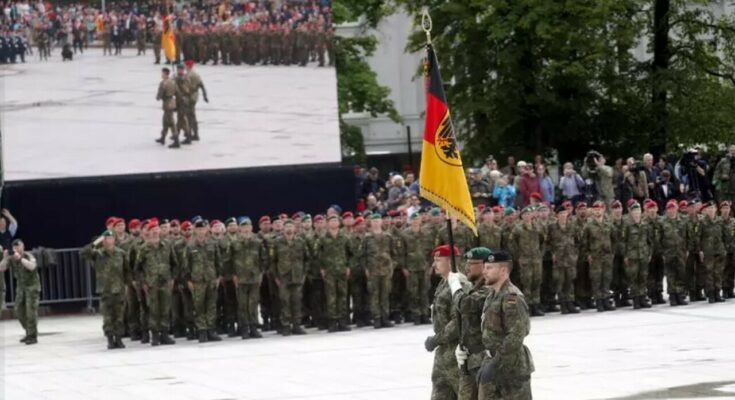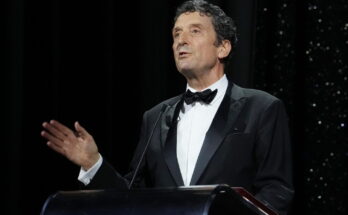Build the strongest army in Europe. It’s an effort led by German Chancellor Friedrich Merz, a difficult task for a country whose army has been neglected for years but the government hopes that new legislation agreed to in recent days will help make the effort a reality.
NEWS
Germany will seek to increase the size of its army to 260,000, up from the current 180,000, plus 200,000 reservists, by 2035. An initiative that would first focus on voluntary military enlistment, with greater incentives for those who enlist, including a starting monthly salary of 2,600 euros, an increase of 450 euros compared to the current salary. If the expected quota is not reached, the government has the possibility to make a mandatory call. Starting next year, all 18-year-olds will receive a questionnaire about their interest in serving. For men, compilation will be mandatory and, from 2027, medical examinations will also be mandatory. A bill that has not yet been approved by Germany’s parliament, the Bundestag, and lawmakers is expected to be voted on later this year. In this case it will come into effect on January 1, 2026.
Defense Minister Boris Pistorius (SPD) assured: “There is no reason to worry, because the lesson is quite clear: the more capable our armed forces are of deterrence and defence, through weapons, training and personnel, the less likely we are to become involved in conflict.” But some on Germany’s left wing disagree with the news announced this week. Then there is the reluctance of the younger generation in Germany to undergo military service. Speaking to CNN, several young people acknowledged the importance of Germany’s ability to defend itself, while expressing doubts about its willingness to go to war.
ITER
For three decades after the fall of the Berlin Wall, German military spending remained below 2% of the country’s GDP, below NATO targets, against a backdrop of a lack of threat, a taboo on German military power, and a highly pacifist national mentality following the Nazi era. Then with Russia’s invasion of Ukraine in 2022 and calls in Europe to prepare for war, the country’s perspective changed. The chancellor at the time, Olaf Scholz, proclaimed a “period of change” that led to the creation of a special €100 billion fund to modernize the armed forces. A change in attitude was further accentuated after Merz’s inauguration, when the new chancellor not only committed to transforming the German armed forces into “the strongest conventional army in Europe”, but also committed to doubling defense spending to achieve NATO’s new goals.
© ALL RIGHTS RESERVED



